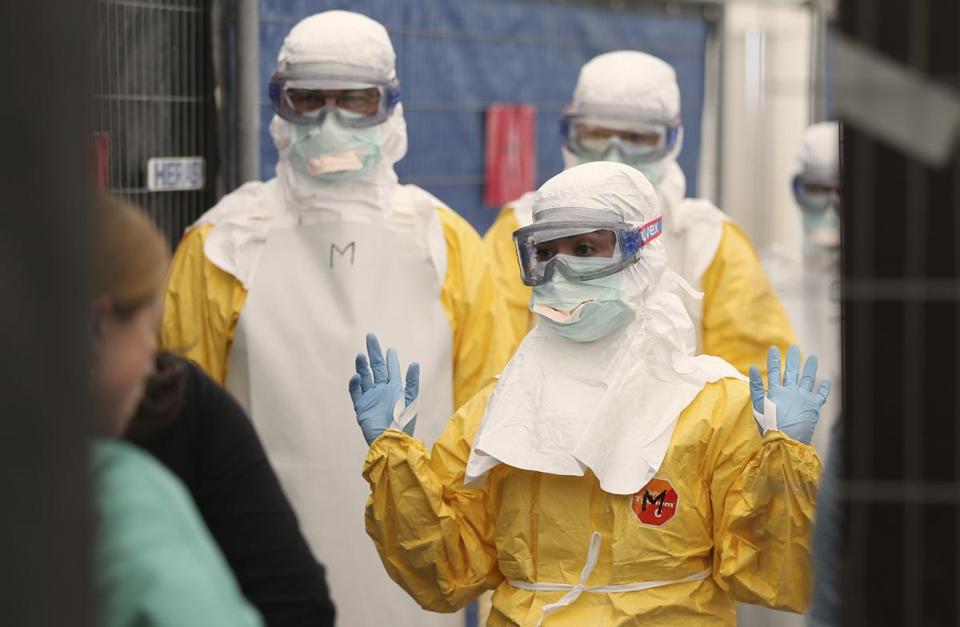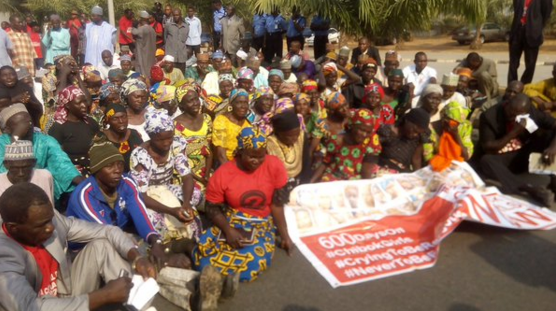The World Health Organisation (WHO) on Thursday in Geneva, Switzerland declared West Africa Ebola-free, affirming that the transmission of the Ebola virus has been stopped in West Africa.
WHO experts, however, warned that there was still a risk that the haemorrhagic fever could flare up again.
They said this is because the Ebola virus can persist for up to 12 months in the semen of male survivors.
The announcement came 42 days after the last case was confirmed in Liberia, the final of three West African countries with active transmission of the virus.
Advertisement
Margaret Chan, WHO director-general, said Sierra Leone was declared free of Ebola transmission on November 7 and Guinea on December 29.
“More than 11,300 people have died since the outbreak in December 2013 in West Africa, while 28,500 have been infected,” she said.
“Detecting and breaking every chain of transmission has been a monumental achievement.”
Advertisement
Ebola, which was discovered in 1976, and transmitted through contact with blood and other bodily fluids, causes massive haemorrhaging.
It has a fatality rate of up to 90 per cent if left untreated.
Tolbert Nyenswah, Liberian deputy health minister, said the country would be vigilant, as related to maintaining surveillance and thereby keeping the nation safe from Ebola.
Luis Encinas, medical head of projects in Niger, for the Doctors Without Borders (MSF), said they would remain in West Africa, where they started Ebola response services in March 2014.
Advertisement
He said this has become necessary because the health system has to be completely reconstructed in the most-affected countries.
“MSF will be ready if there is another outbreak, but much depends on resources,” the official said.
“If there is no money and people are not trained, there will be a problem.”
Advertisement
Add a comment






